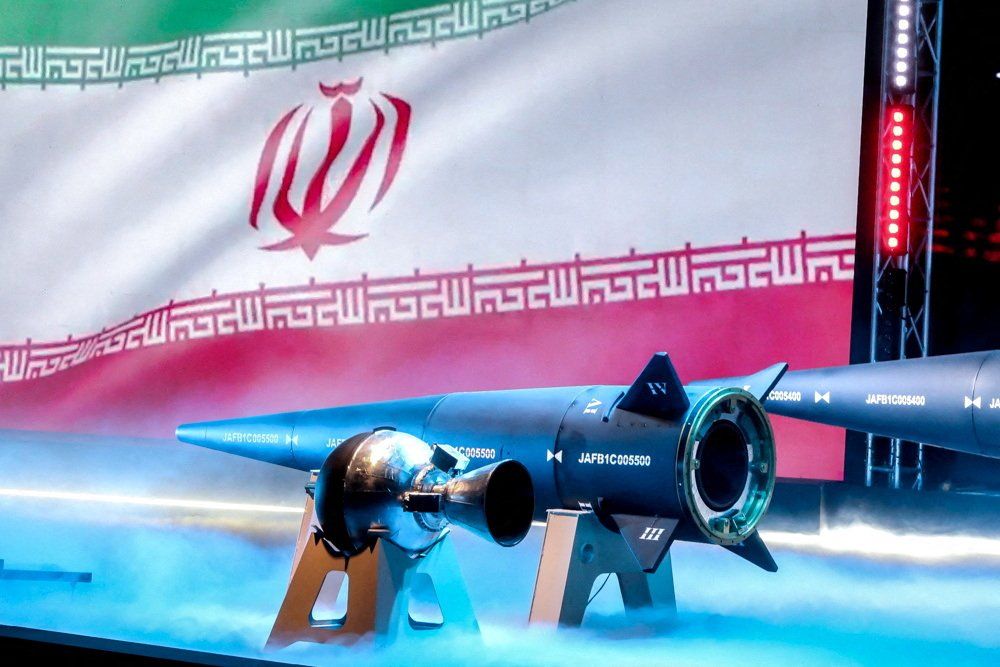The Islamic Republic of Iran claims to have developed its first hypersonic missile. At a showy military ceremony usually reserved for North Korean and Russian despots, President Ebrahim Raisi said that the new weapon proved that Iran’s “deterrent power has been formed.”
Crucially, the Iranians claim that the mid-range weapon capable of striking Gulf states can fly at 15 times the speed of sound. For context, a weapon is defined as hypersonic if it travels at between 5-25 times the speed of sound.
Tehran claims that no missile defense system can intercept its new weapon – dubbed Fattah, meaning “conqueror” in Farsi – but that depends on a range of factors, including the missile’s maneuverability. Many Gulf states use the Patriot missile defense system that are apt at targeting ballistic missiles on an unmoving trajectory. Israel, for its part, also has its own suite of missile defenses for these types of weapons.
To be sure, Iranian officials showed no proof on Tuesday that Fattah had been successfully fired, and they’ve claimed in the past to have had a similar weapon that hasn’t yet materialized.
The US and China are reportedly working on their own hypersonic arsenals, though Russia appears to already have developed them. (Ukraine, for its part, claimed in May to have shot them down with a Western-delivered Patriot battery.)
The timing of this grand reveal – that will put the US, Israel, and Gulf states on edge – is strange, coinciding with Iran reopening its diplomatic mission in Saudi Arabia after a years-long feud.More For You
The conflict in the Persian Gulf is already disrupting shipping in one of the most significant oil and gas-producing regions in the world.
Most Popular
A satellite image shows black smoke rising and heavy damage at Iranian Supreme Leader Ayatollah Ali Khamenei's compound, following strikes by the United States and Israel in Tehran, Iran, on February 28, 2026.
Supreme Leader Ali Khamenei is dead, the conflict is spreading, and US President Donald Trump still isn’t clear on who he wants to run Iran.
Shipping in the world’s most crucial oil chokepoint has nearly ground to a halt after at least four tankers were targeted in Iran’s retaliation to US and Israeli strikes on Saturday.
Military personnel operate during the BAMEX'25 Defense Expo, in Bamako, Mali, November 11, 2025.
30: The number of foreign nationals who were kidnapped in Mali and Niger in the first 11 months of 2025, according to a new analysis from the BBC, up from seven in the preceding three years combined.
